Opening of preschool programs for youngsters with developmental disabilities and the beginning of sheltered work opportunities
1972
1974
First men’s group home opened
Building of 4,800 sq. ft workshop (Plant I)
1975
1976
First women’s group home opened
Expansion of work-center by 16,000 sq. ft. (Plant I)
1978
1980
Expansion of work-center by 30,000 sq. ft. (Plant I) General Services Administration contract to manufacture executive office conference furniture and various tables
First co-ed group home opened
1982
Third all-men's house opened
1984
1983
Second all-men's house opened
Opening of newly constructed Civitan Children’s Center
1987
1986
Construction of Basic Development Unit in Bicknell, Indiana



1988
Began extreme cold weather clothing manufacturing at Plant II; Construction of Intermediate Care Facility/Mentally Retarded (ICF/MR), consisting of 5 separate homes; Purchase of Plant II location
1990
Construction of the geriatric group home in Bicknell, Indiana
1991
Construction of Plant III/Bicknell Business Center
1992
Expansion of Plant III
1993
Construction of Plant IV
1997
Construction of Charles and Mary Baker Center
1999
Became first not-for-profit company on North American Continent to be ISO registered for all program services, human resources, and finance offices
2000
Purchase of Vincennes Manufacturing Plant; Expansion of Civitan Children’s Center and an addition of four classrooms
Construction of Tommy Wolfe Center (Mildly Ill Child Care); Remodel of Plant V location at 2525 N 6th Street
2001
2002
Construction of USDA approved milk manufacturing plant; ICF/MR homes became CRF/DD Restructured Residential into CRF and Waivers
Dry good packaging began in Plant V
2003
NISH funded pilot project at KCARC with Rose-Hulman Institute Of Technology students to design assisted technology to enhance productivity for individuals with the most severe disabilities
2006
2005
Renovated office space at Plant V to relocate all administrative offices
2007
Became management agent for LAM (Life After Meth); Received grant to start School-To-Work Transition Program; Began Discover the Possibilities media campaign
Began KCARC for Life program, which is designed to provide advocacy, connection, education, and support for the lifetime of individuals and families with special needs
2008
2010
Tommy Wolfe Center converted from mildly ill childcare to Infant and Toddler Center, serving 16 infants and 20 toddlers
Purchased former Perfect Fit building and renamed to Bowling Manufacturing in Loogootee, Indiana
2011
2013
Began producing dry milk for Defense Logistics Agency Troop Support Vendor Program
Tommy Wolfe Mildly Ill Child Care Center was converted into the Tommy Wolfe Wellness Center
2014
2015
Extreme cold weather clothing began production at Bowling Manufacturing Plant in Loogootee, Indiana
Remodeled formerly known Plant II into 1972 Community Center
2017
2018
Construction of 3 new ADA accessible homes completed
Construction and opening of KCARC’s The Shop, a facility providing Life Skills training
2019
2020
Provided staff with 16,313 free meals, free child care, and added bonuses as appreciation of their efforts during COVID pandemic
Ribbon cutting and guided tours for the newly named Coonrod Production Center were held on April 2, 2025. Jerry Coonrod is the current KCARC Chairman of the Board and has been a founding member for over fifty years. This Production Center was named in honor of him.
2025
2024
Ribbon cutting for the expansion of the Cut and Sew Manufacturing division with the partnership between KCARC and The Arc of Greater Boone County (“Arc of GBC”). Dove Manufacturing begins sewing the sock-style feeders, working collectively with Main Street Marketing Enterprises to produce one of the bird feeder product lines belonging to Mr. Canary®.
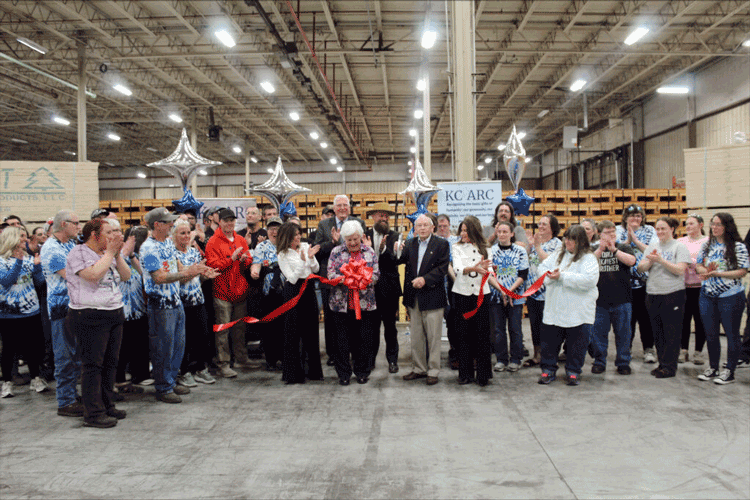
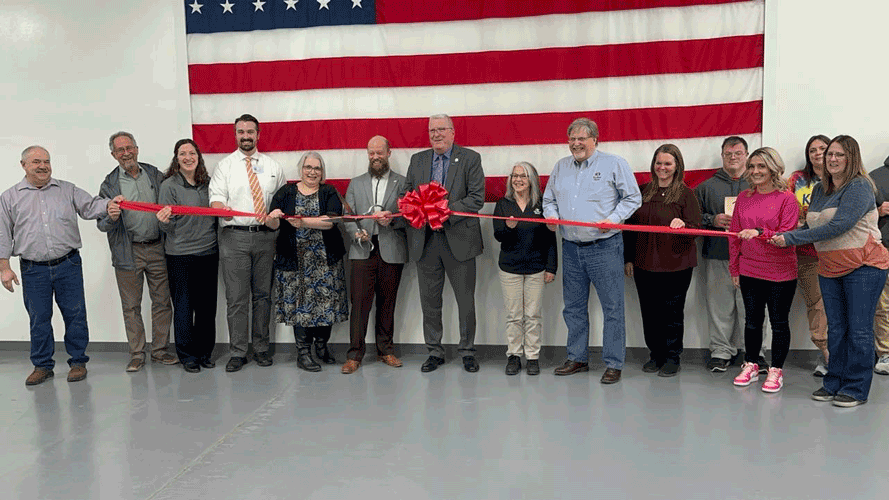
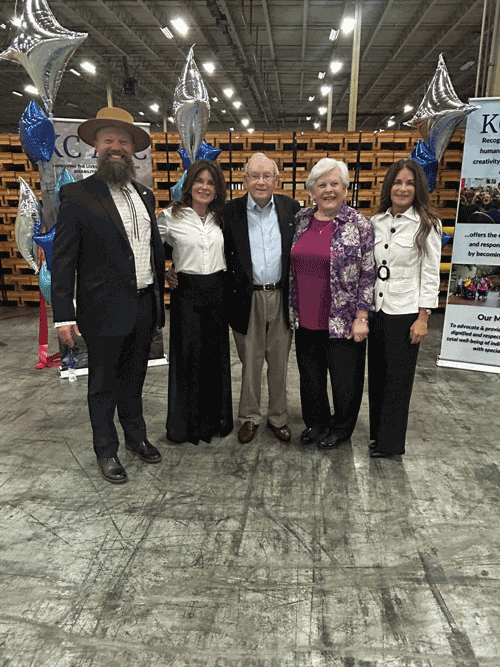

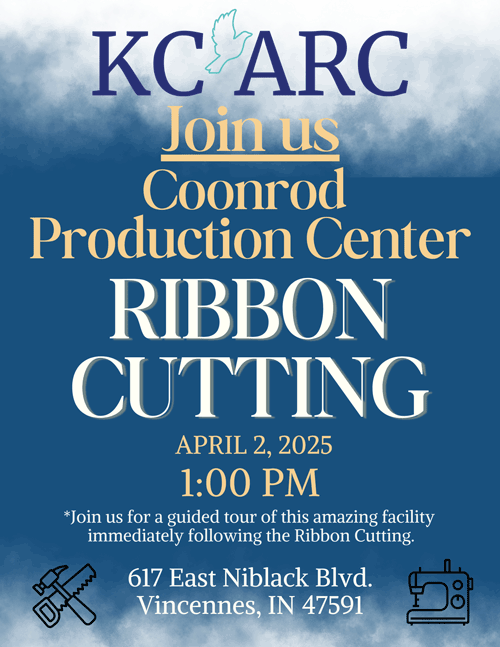
2025
Ribbon cutting for the expansion and enhancing of the high-quality early learning experience at the Civitan Children’s Center through a HELP grant partnership with the Mayor and City of Vincennes, and an Early Years Initiative grant through Early Learning Indiana. All new classroom designs were developed with accessibility in mind. New changing tables, furnishings, tables and chairs, toys, art supplies, projectors, and whiteboards will set the environment for a decade of high-quality learning experiences. The common area of the Civitan Children's Center will feature a Learning Tree library, a quiet zone, illumination tables, sound treatment, and equipment designed to enhance motor skills. The playgrounds will also undergo renovation, with enhancements that include new shaded spaces, sandboxes, and toddler play equipment.
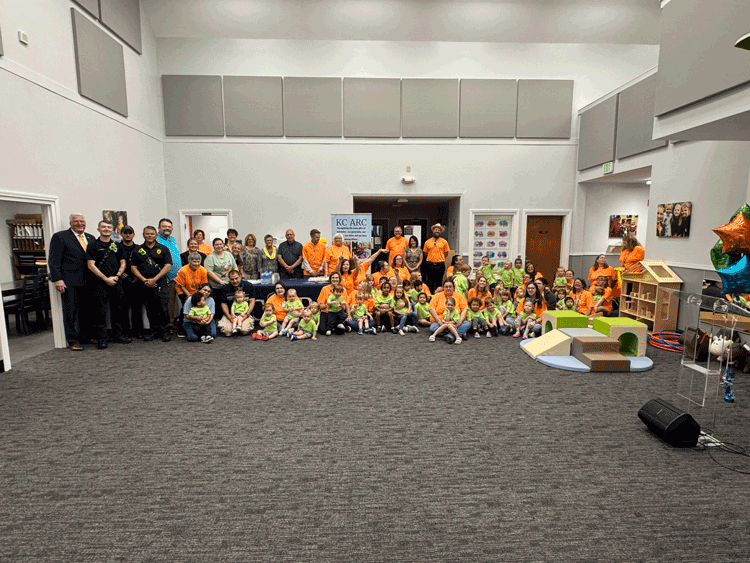
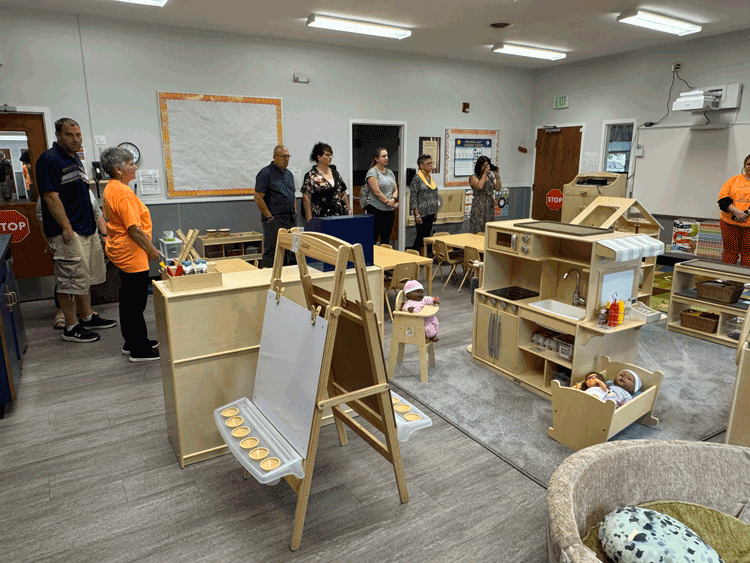
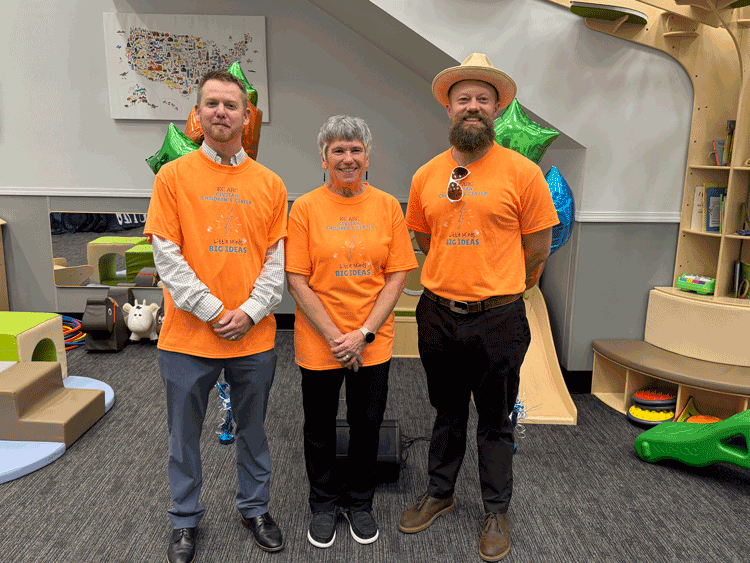

Children graduate Bright Horizons programs with the skills they need to succeed in private or public school. In surveys, kindergarten and first grade teachers report that Bright Horizons graduates are enthusiastic learners who are socially and academically ready for the years ahead.
As well as the local language in each country our preschools are based in, we offer various ‘immersion classes’ in the afternoons, such as Mandarin, French or Arabic. In some centers, we give bilingual lessons – although primarily, the native tongue of every Safari Kid kindergarten branch is English!



